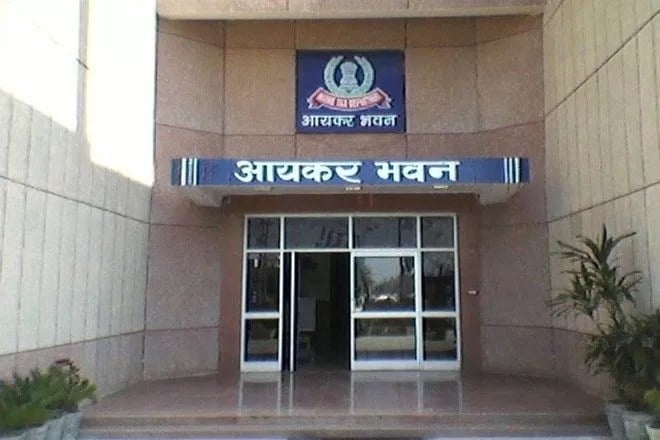Demonetisation: Prime Minister Narendra Modi’s shock decision in October 2016 to suck up more than 85% currency in circulation had a positive impact on tax compliance in the country as the number of persons who filed income tax returns jumped by over 25% in FY 2017-18 and the number of people who did not file income tax returns in the last three years, also known as ‘dropped filers’ also declined by almost 5%, said Central Board of Direct Taxes.
CBDT said the net direct tax collections for 2017-18 amounted to Rs 10.03 lakh crore, which was 18% more than the collections for previous fiscal, highest growth rate in the last 7 years.
“A substantial part of this growth is attributed to the impact of demonetization,” said the apex body for administration of direct taxes in the country. “It is is a fact that demonetization had a phenomenal positive impact on the widening of tax base and direct tax collections.”
Prime Minister Narendra Modi’s government has consistently maintained that demonetization had a positive impact on the economy as it formalised a large part of shadow economy and widened the tax base. However, critics and opposition parties blame the note ban for causing massive job losses and derailing the economy which was on the verge of achieving a higher growth rate.
ALSO READ: Will Yogi’s law and order record spoil Modi’s re-election bid?
Former Prime Minister Manmohan Singh had described the decision to ban high value currency notes as a ‘monumental failure’.
The increase of 1.39 crore tax filers in FY 2017-18 over the tax filer base of previous fiscal and addition of 1.07 crore new tax filers have been cited as one of the biggest proofs of success of Prime Minister Narendra Modi’s surprise decision to ban high value currency notes in formalisation of Indian economy.
CBDT also said the number of ‘dropped filers’, official term for those people who did not file income tax return in the last three years, also declined by 4.6% from 28.34 lakhs in 2016-17 to 25.22 lakhs in 2017-18.


